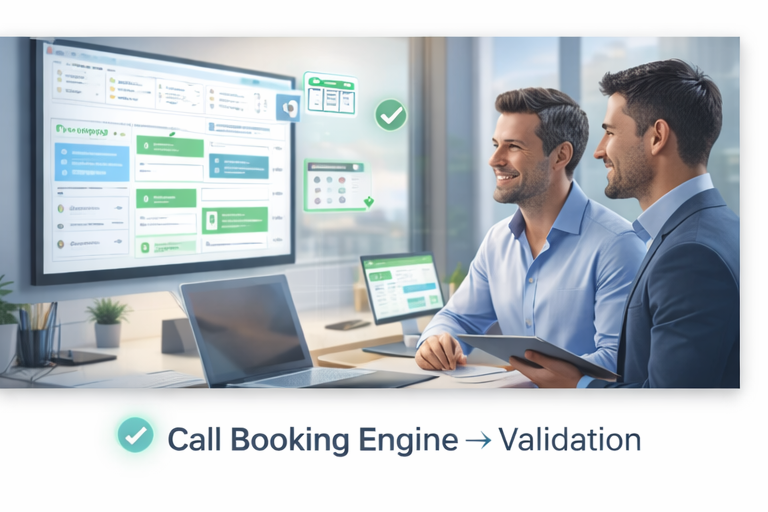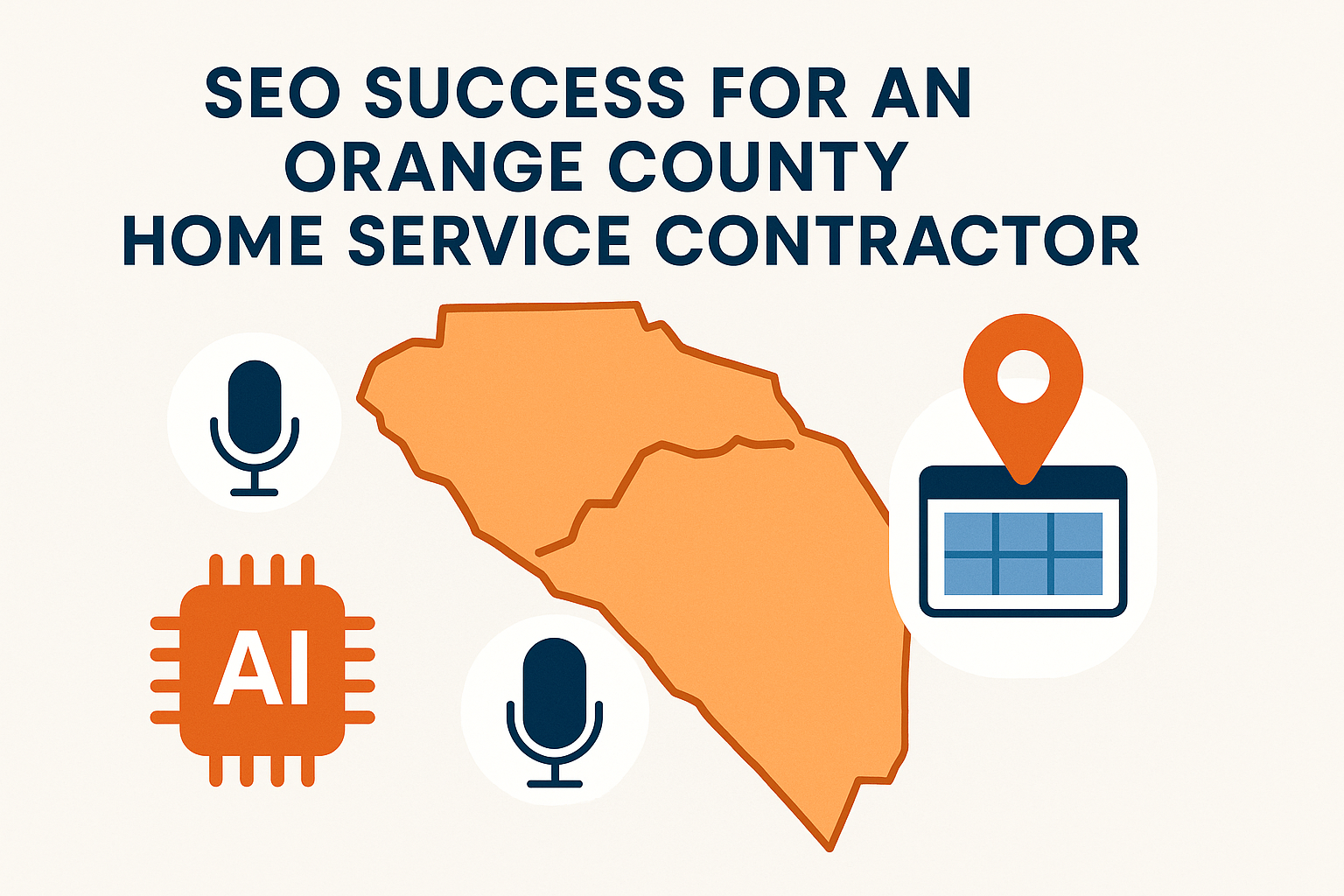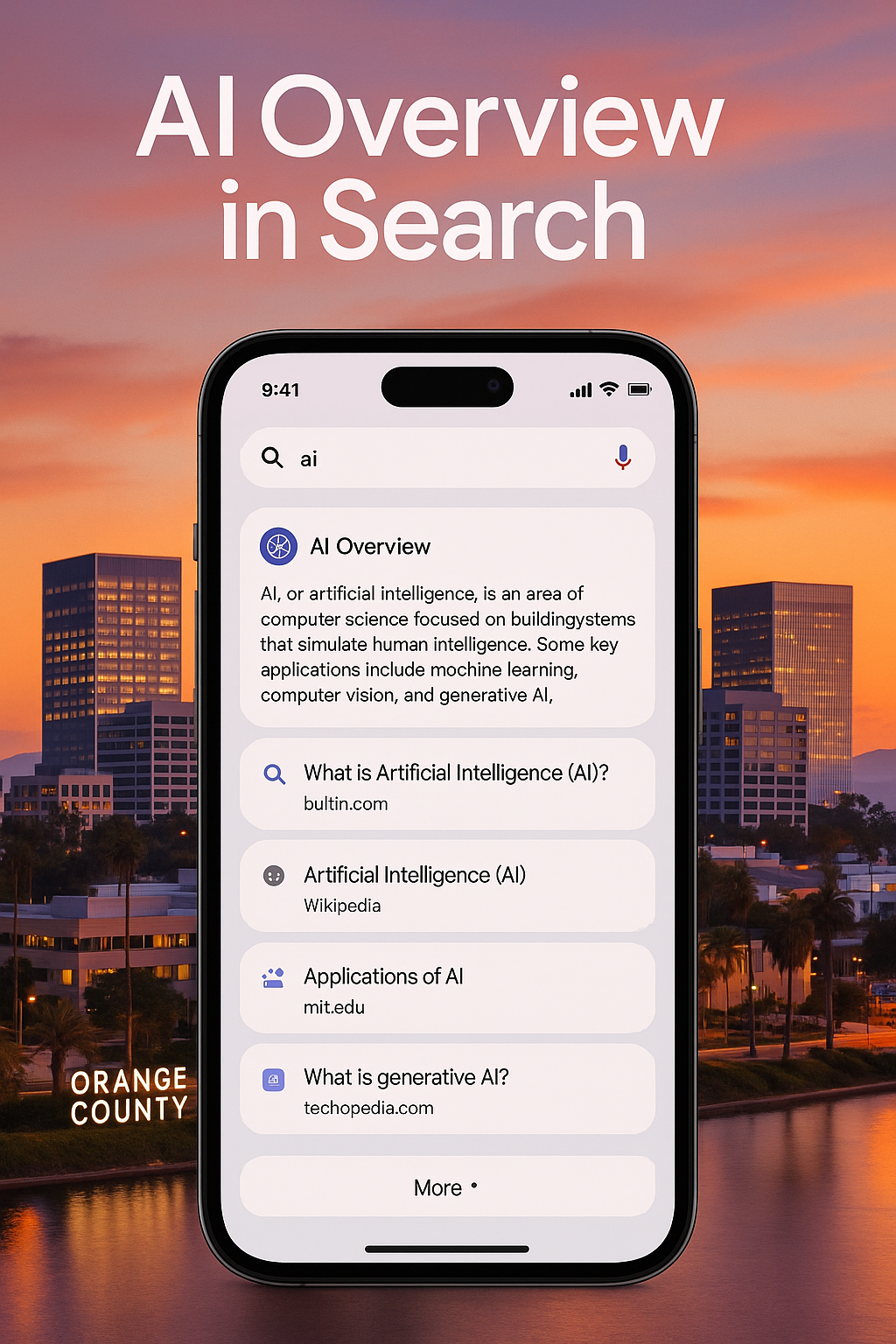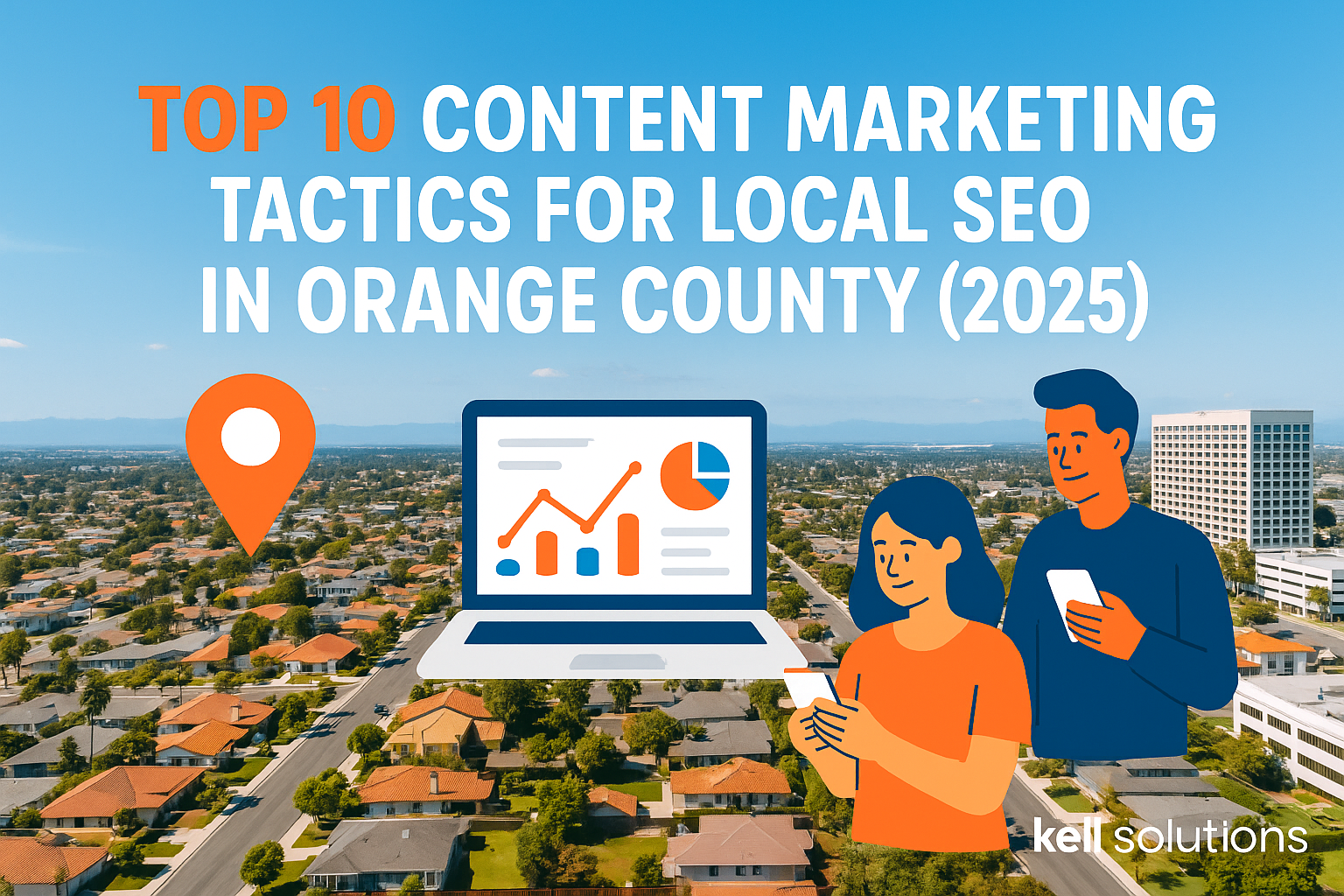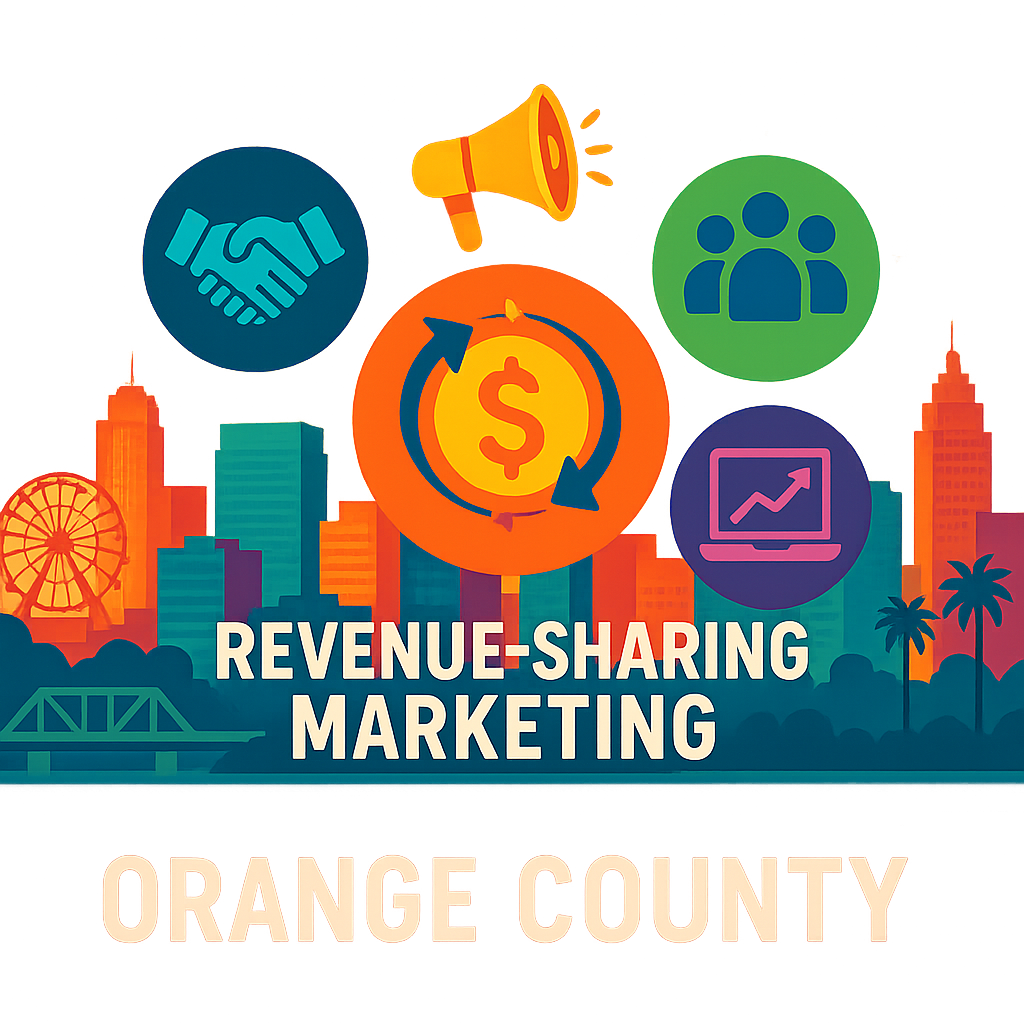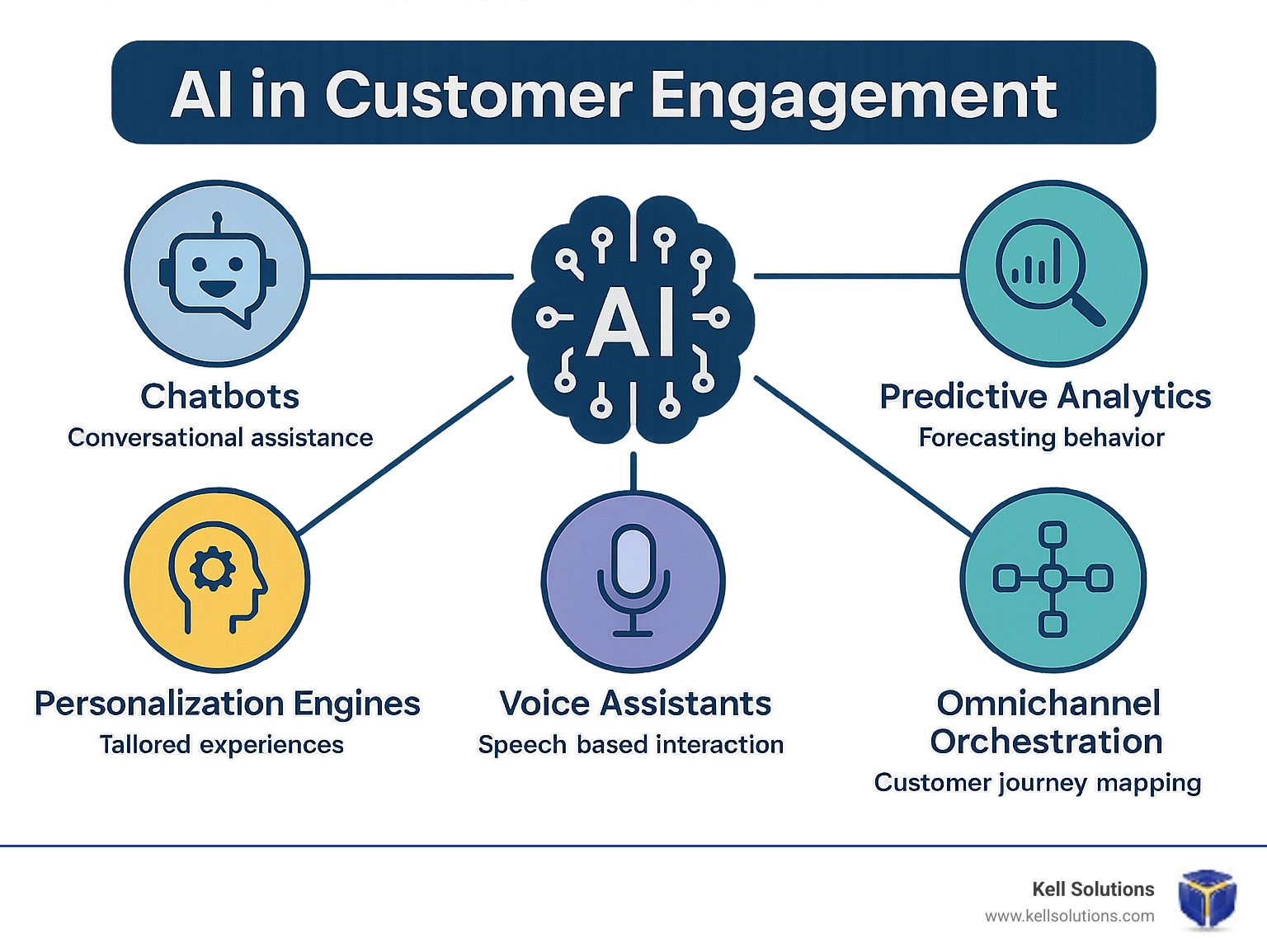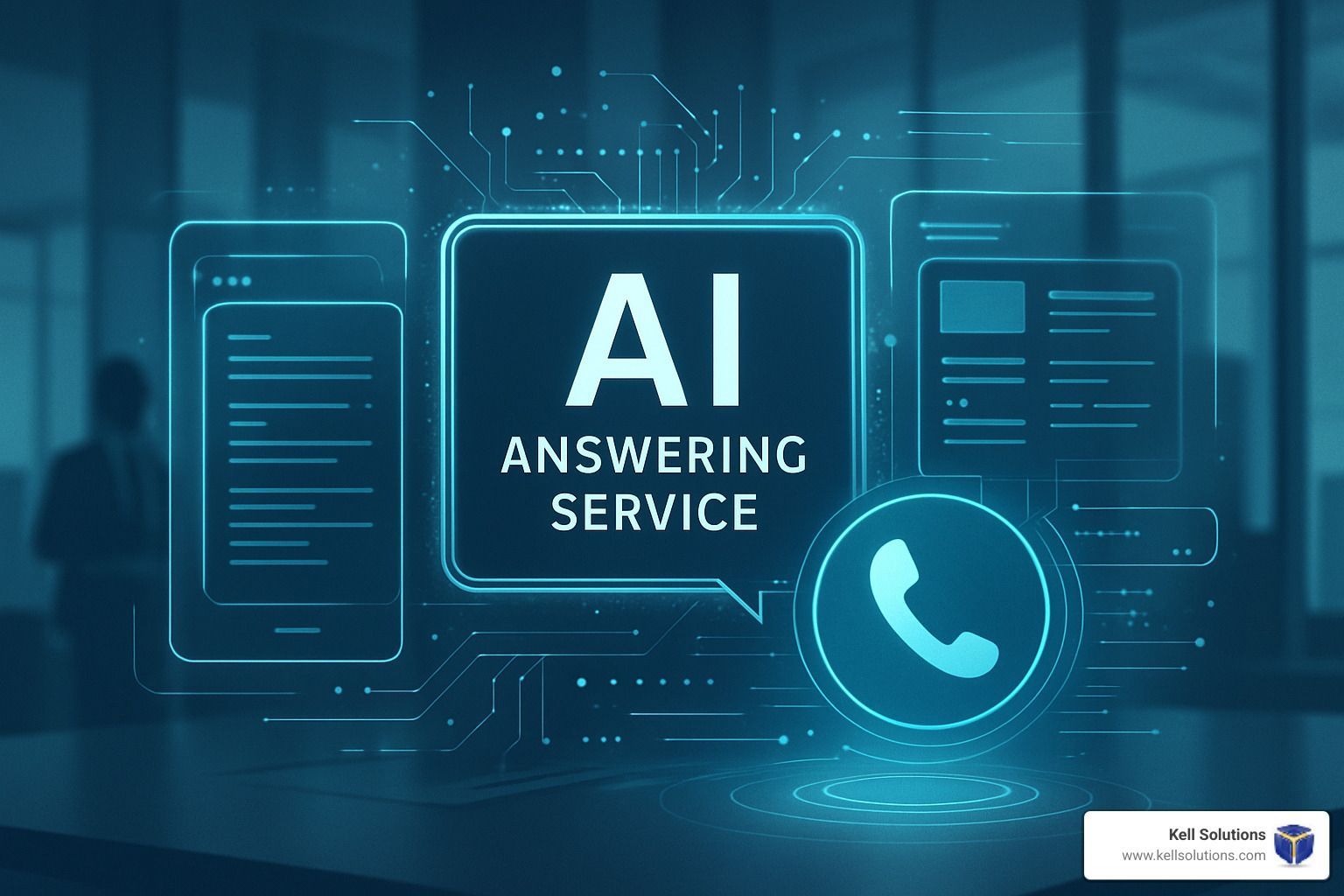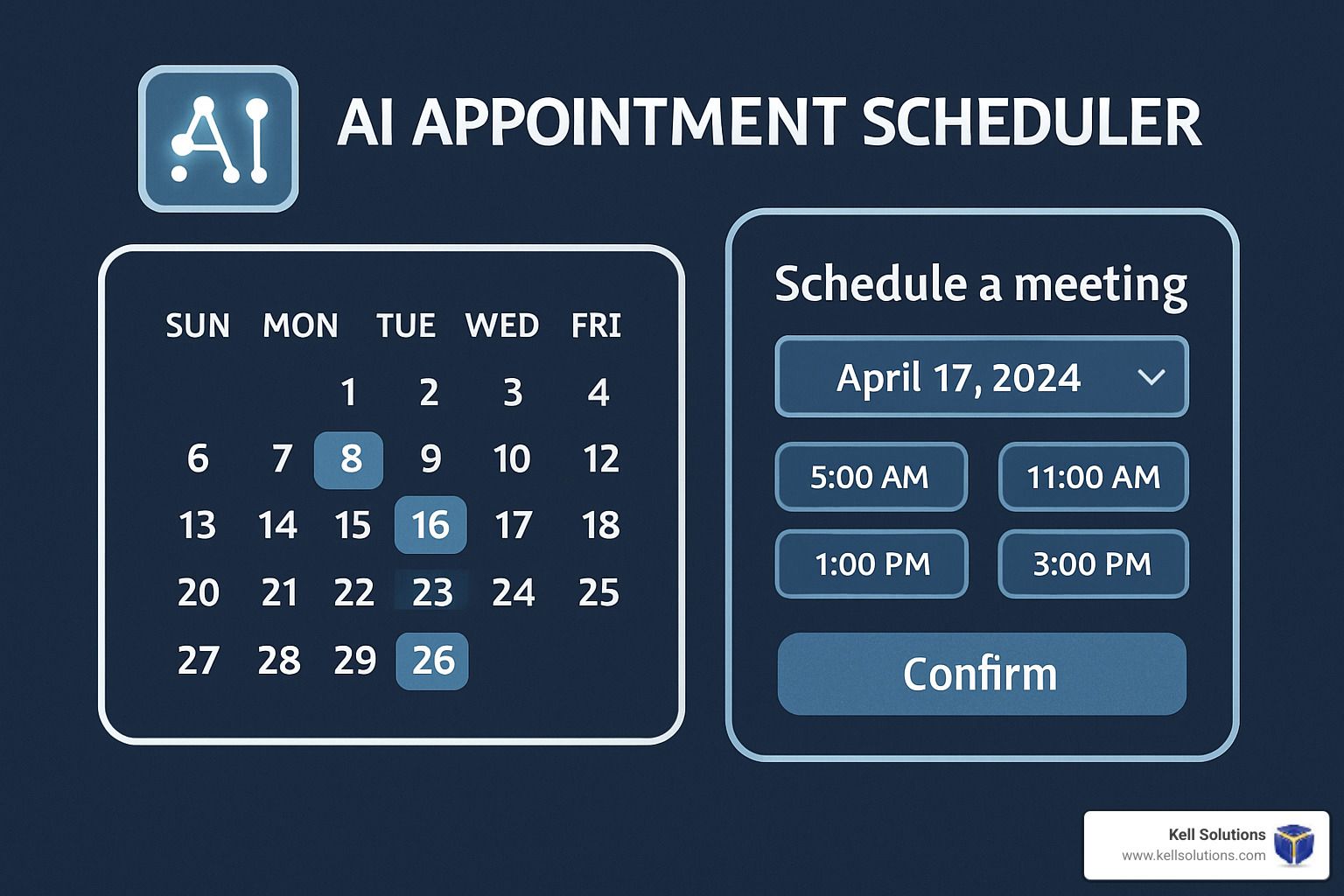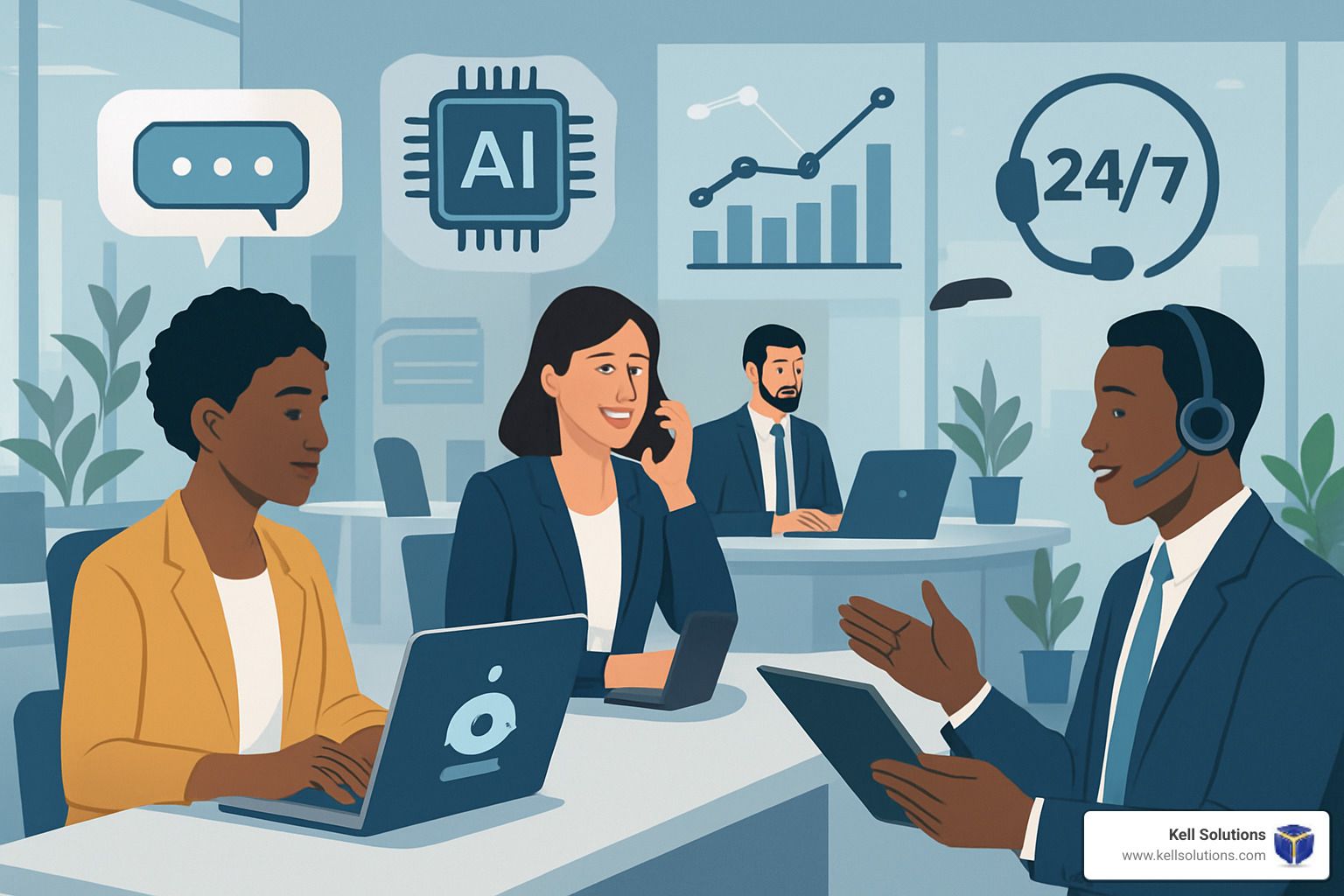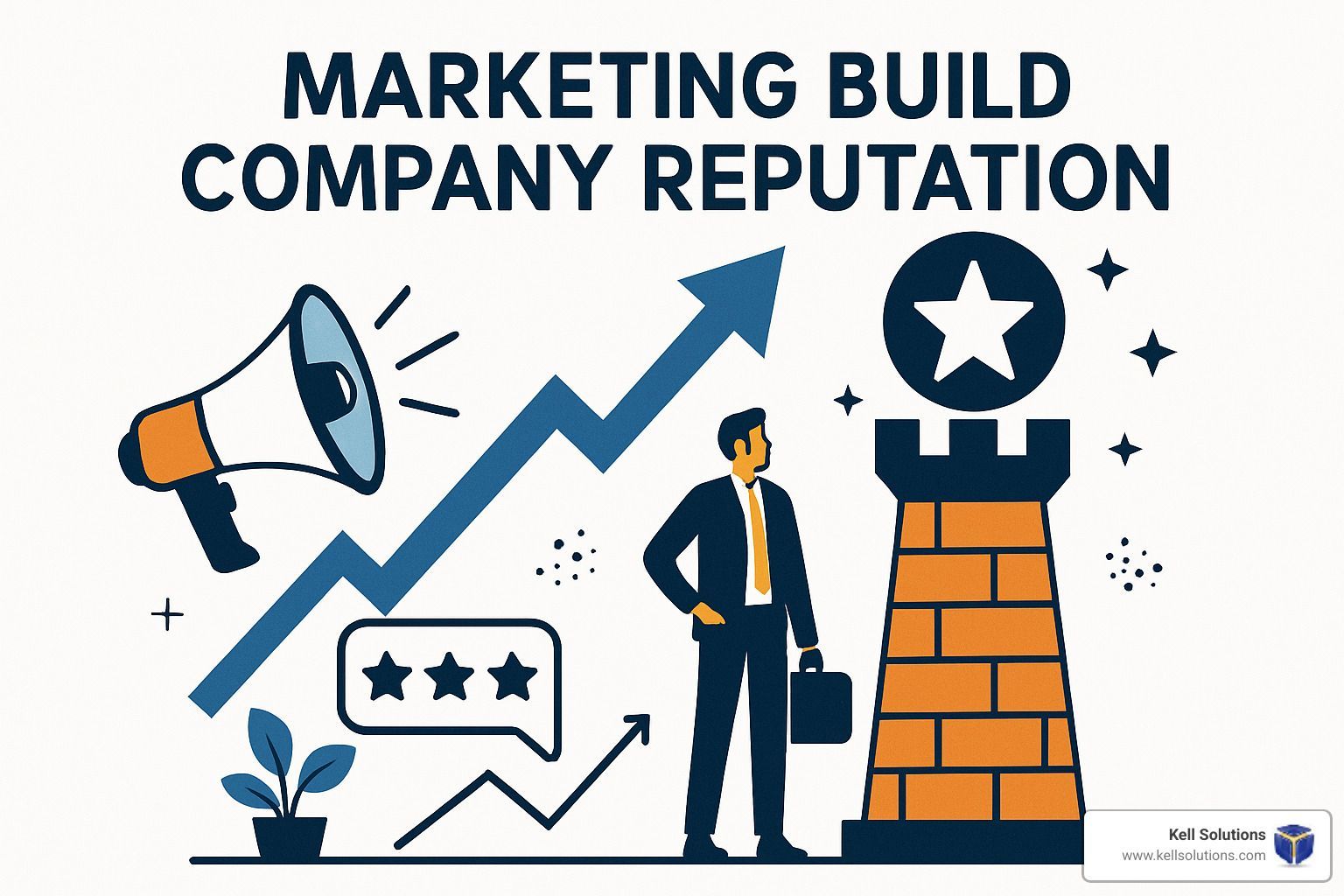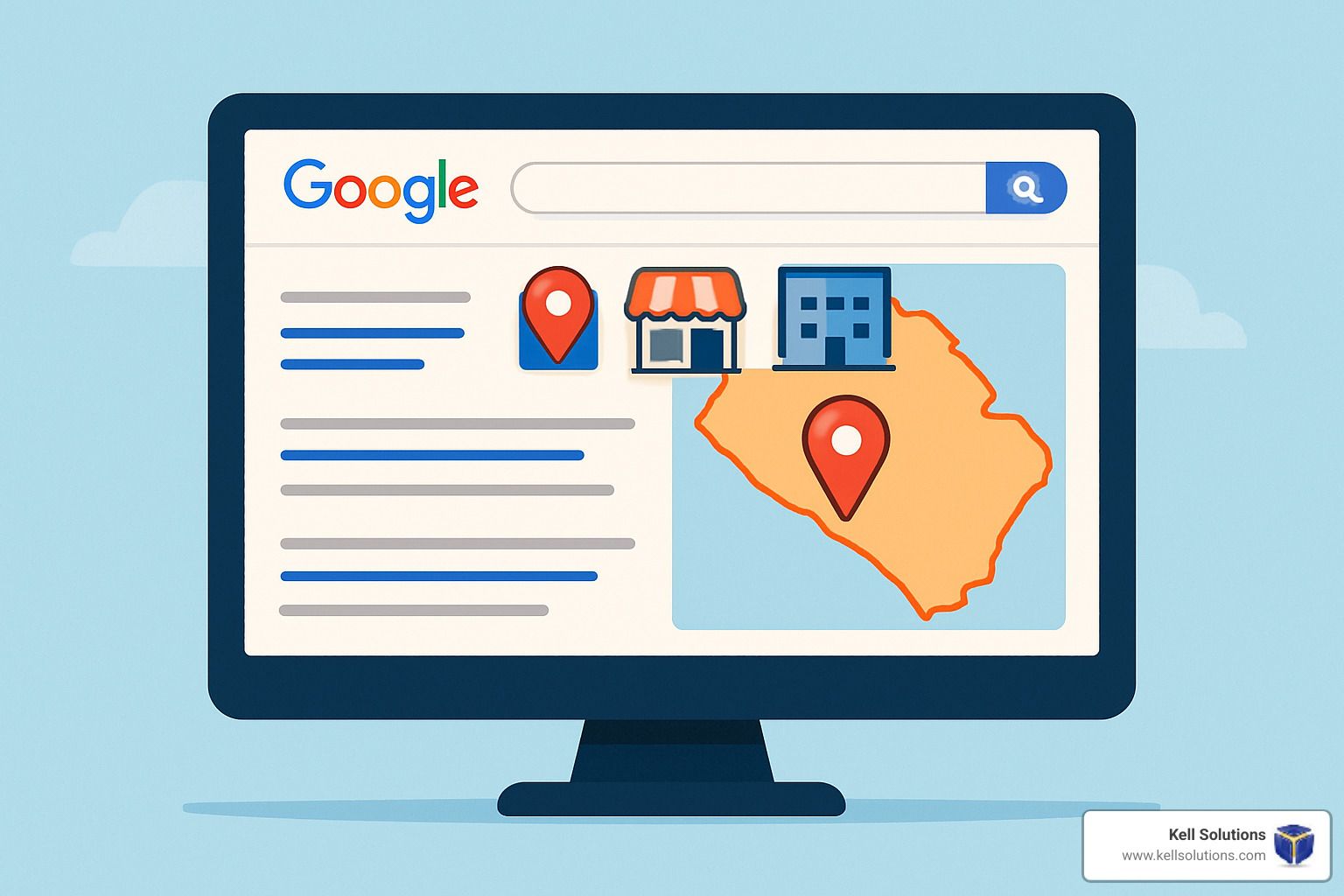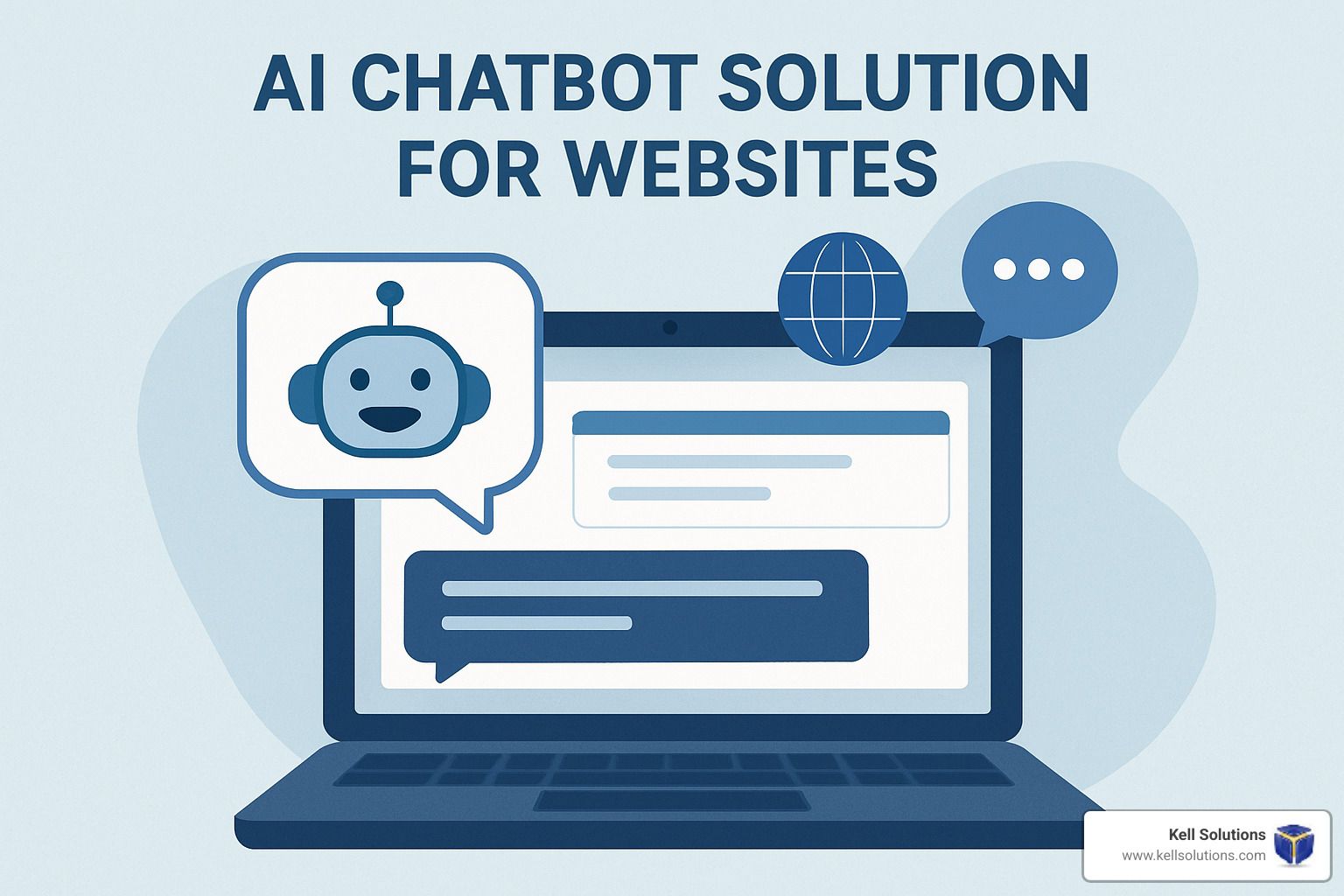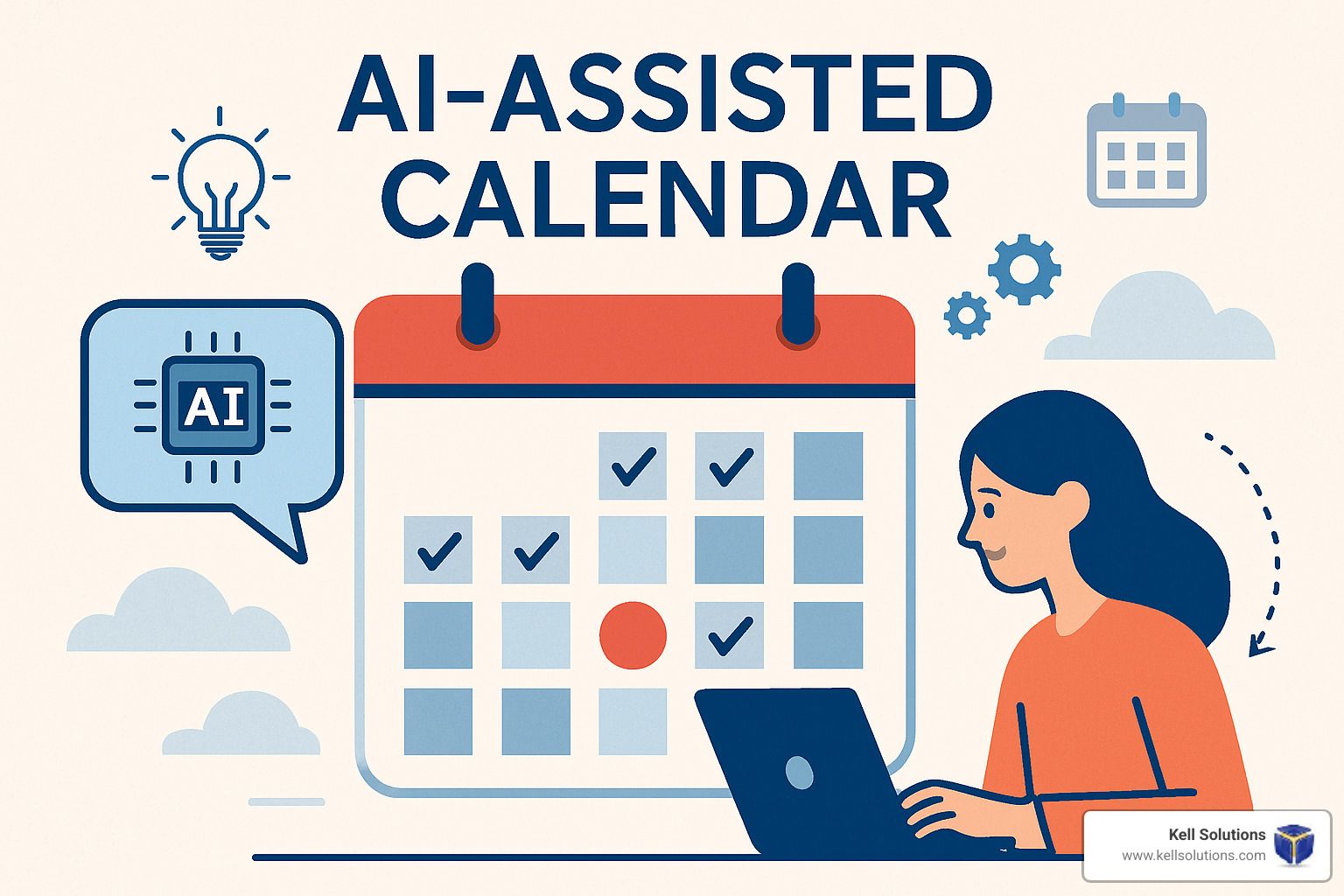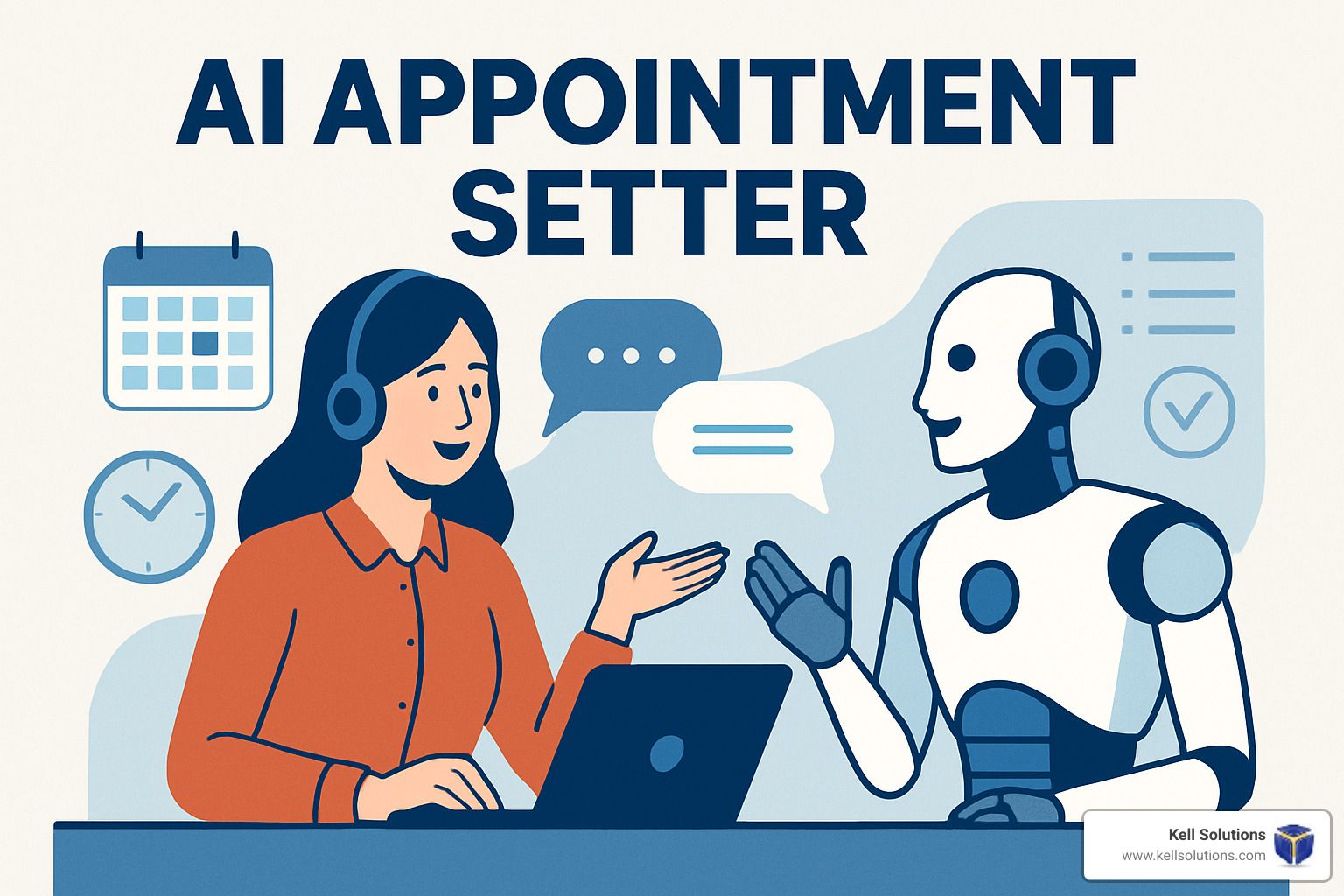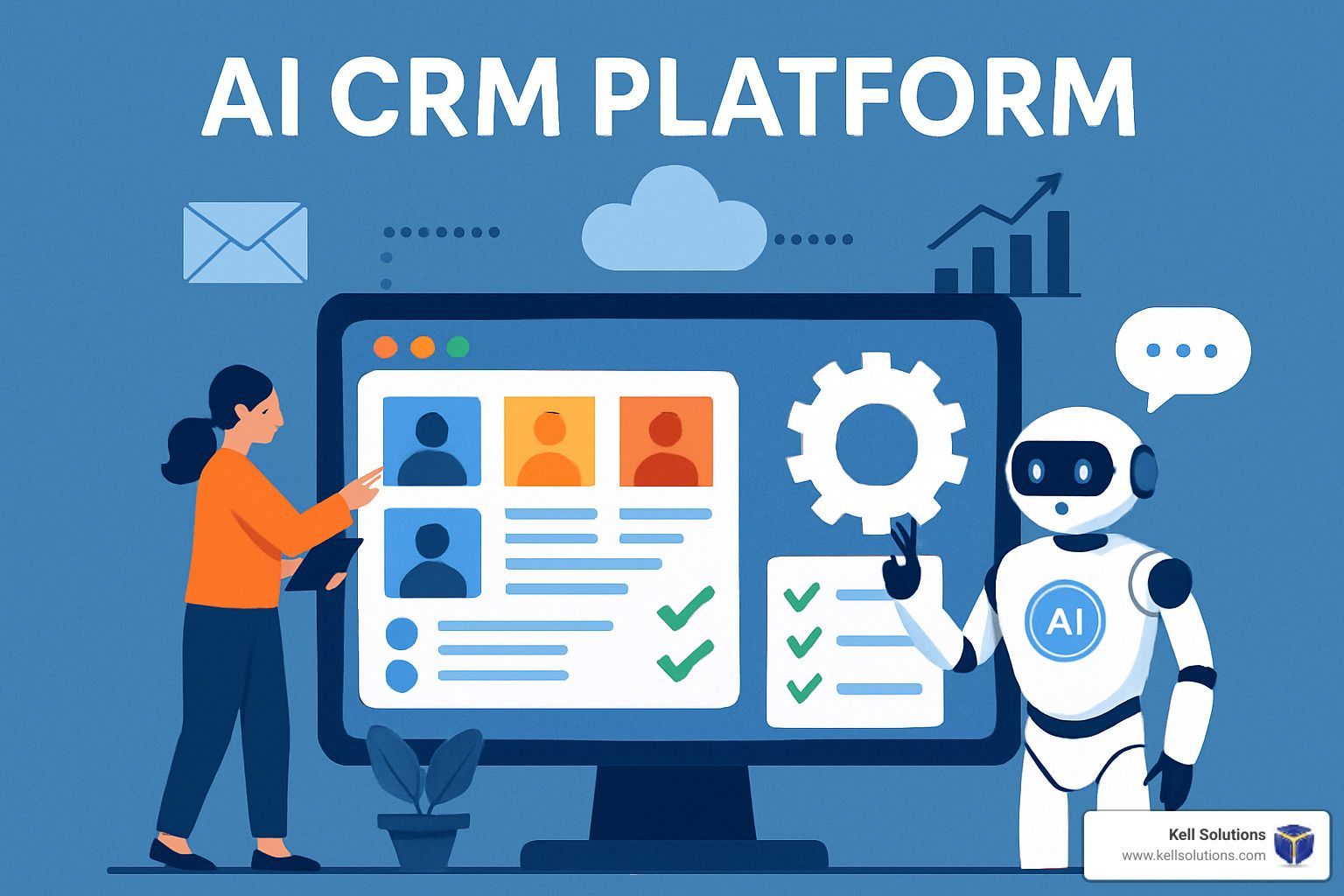Never Miss a Call Again: How VoiceGenie AI Works Behind the Scenes (and How to Set It Up Easily)
Never Miss a Call Again: How VoiceGenie AI Works Behind the Scenes (and How to Set It Up Easily)
As a small business owner, especially in home services, you know the pain of a constantly ringing phone. You’re in the middle of a job and the phone rings – if you don’t answer, it could be a lost customer; if you do answer, it interrupts your work. Traditionally, you’d either hire a receptionist, pay for an answering service, or risk missed calls and voicemails that customers rarely leave. In fact, 60% of customers prefer to call local businesses they find online, but only 38% of those calls get answered, and just 20% of callers leave a voicemail when they can’t reach a human. That’s a lot of potential business slipping away.
Enter VoiceGenie AI – a 24/7 AI-powered call answering platform designed to solve this exact problem. In this blog post, we’ll pull back the curtain on how VoiceGenie AI works behind the scenes and walk you through how easy it is to implement, even if you’re not tech-savvy. We’ll cover step-by-step setup (like call forwarding and training your AI agent), how to integrate it with Google Calendar for bookings, common FAQs about cost and support, and more. By the end, you’ll see how VoiceGenie can become your always-on, always-friendly virtual receptionist that never misses a call.
What is VoiceGenie AI? (Your 24/7 Virtual Receptionist)
VoiceGenie AI is essentially an AI-powered voice agent – think of it as a virtual receptionist that can answer phone calls (and even text messages) on your business line anytime, day or night. Unlike a simple voicemail or an old-school robot menu, VoiceGenie can hold a natural conversation with your callers. It greets customers, understands their questions, provides answers, books appointments, and can even route calls or take messages as needed – all without any human intervention on your part. It’s like having a friendly front-desk assistant who works 24/7, never takes a break, and never lets a call go unanswered.
Small businesses in fields like plumbing, HVAC, electrical services, etc., are finding this especially useful. Every call could be an emergency job or a new client, and missing it means missing revenue. An AI agent like VoiceGenie makes sure “every call is answered, so you stop losing customers to voicemail or silence,” as one industry analysis put it. Even after hours or when you’re busy on another line, your VoiceGenie agent is there to engage the caller. The best part? No technical expertise is required on your part to deploy or manage this AI service. We’ll dive into how it works and how to get started next.
Behind the Scenes: How Does VoiceGenie AI Answer Calls So Effectively?
You might be wondering “What’s actually happening when VoiceGenie answers a call? How can a computer program talk like a real person and handle my customers’ questions?” Great question! Let’s peek at the technology behind the curtain – in simple terms.
VoiceGenie AI acts like a virtual receptionist, engaging callers in real time. When a customer says, “I’d like to schedule an appointment,” the AI understands the request and responds instantly. Behind the scenes it uses speech-to-text and AI language processing to carry on a natural conversation.
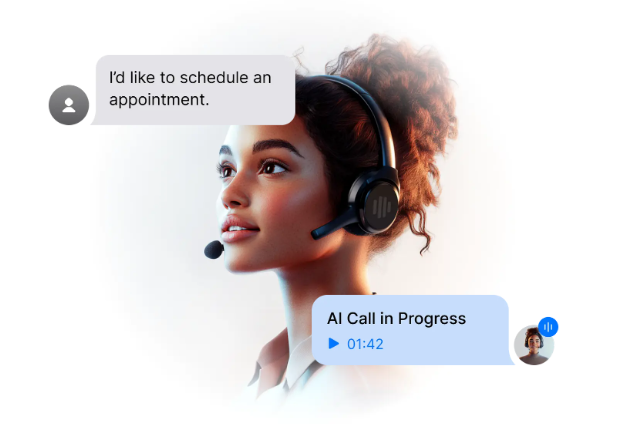
1. It Listens and Transcribes:
When a call comes in and VoiceGenie picks up, the caller hears a warm greeting (customized for your business). As the caller speaks, VoiceGenie’s system is using advanced speech recognition to turn the caller’s voice into text in real time. This isn’t clunky old voice-menu tech; it’s state-of-the-art speech-to-text, so it can handle natural sentences and even different accents or languages. (Yes, VoiceGenie can support multiple languages to cater to diverse customers.)
2. It Understands the Request:
The transcribed text is then processed by VoiceGenie’s natural language understanding engine. Under the hood, it uses powerful AI models (similar to the GPT-4 large language model) to interpret what the customer is asking or saying. For example, if a caller says “My air conditioner is leaking and I need someone to come out today,” the AI interprets this as a service request for HVAC repair, urgent timing. This AI is pre-trained on tons of conversations, so it has a broad understanding of how people ask things. Plus, VoiceGenie is custom-trained with your business info, so it knows the context of your services, pricing, scheduling preferences, etc.. This means it recognizes when someone is, say, asking for a quote, or wants to book an appointment, or just needs office hours info.
3. It Decides on the Best Response or Action:
Once it understands the caller’s intent, VoiceGenie’s AI brain determines the appropriate response. If the question is simple (like “Do you service my area?” or “What are your hours?”), it will answer from the info you’ve provided (for instance, confirming it serves the caller’s city or giving your hours). If the caller wants to book an appointment, the AI will seamlessly step into a scheduling mode (more on how it books appointments with Google Calendar later). If it’s something more complex or the caller specifically requests a human, VoiceGenie can forward the call or notify you/your team immediately – it’s designed to know its limits and get a human involved when needed, so the customer is always taken care of. Essentially, it follows the flows and rules you set: answer FAQs, gather lead info (like name, address, the issue), and then either schedule or escalate the call.
4. It Talks Back with a Natural Voice:
After figuring out the right response, VoiceGenie speaks to the caller using a very natural, human-like voice. The platform uses advanced text-to-speech technology, so the voice on the line can sound friendly and conversational, not like a monotone robot. You can even choose a preferred voice style that fits your brand (for example, a cheerful female voice named “Alice” or others). The AI responds in full sentences and with a pleasant tone, so many callers feel like they’re talking to an actual person. One huge advancement is that “modern AI phone assistants use natural language understanding and human-like voices to create conversations that callers actually engage with,” achieving up to 97% caller interaction rates. In other words, callers tend to stay on the line and converse with VoiceGenie as if it were your real receptionist because the experience feels that natural.
5. It Books, Records, and Updates:
If the goal of the call is achieved – say the AI just booked an appointment – it will confirm details with the caller, log the appointment, and send any necessary confirmation (for example, it can automatically send a text message confirmation or reminder to the customer thanks to the integrated SMS feature). VoiceGenie will also log the call details for you: every call can be recorded and transcribed, with summaries available in your VoiceGenie dashboard for you to review later. That means you can see what was said, what appointment was booked, or what request was made, at any time – giving you full visibility into your AI’s interactions. If the AI had to take a message or couldn’t fully assist, you’ll see that too, so you can follow up.
All of this happens in seconds, during a live call, without you having to lift a finger. The “brain” of VoiceGenie is hosted in the cloud, which means it can scale and handle multiple calls at once. Whether you get 5 calls a day or 500, the AI can handle them simultaneously without ever putting people on hold. That’s the beauty of an AI agent: it doesn’t get overwhelmed by volume. And it’s always learning – over time, as it handles more calls and as you update it with new info (like adding new services or answers to new FAQs), it gets even smarter at helping your customers.
In short, behind the scenes VoiceGenie is doing some high-tech juggling (speech-to-text, AI language processing, text-to-speech) to make sure each caller gets a fast, accurate, and friendly response just like they would from your best employee. And yet, as sophisticated as it is, using it doesn’t require any technical work from you. Let’s see how you can get it up and running for your business.
Why VoiceGenie AI is Easy for Non-Technical Users
One of the best things about VoiceGenie AI is that
you don’t need to be an IT expert or coder to use it. The platform was built to be plug-and-play for busy business owners. Here’s why even a non-technical person can implement VoiceGenie without headaches:
- No Code, No Complex Setup: VoiceGenie provides a simple dashboard where you configure your agent with just a few clicks and basic info. As the creators put it, “Describe what you want your agent to do – and VoiceGenie AI will do the rest,” launching in minutes with
no coding and no engineers needed. The heavy lifting (the AI logic) is pre-built. During setup, you’ll be asked plain-English questions or prompts (for example, “How would you like the AI to greet callers?”) and you just fill in the blanks. It’s as easy as filling out a form or having a conversation. In fact, many users have their custom AI agent
ready to serve in under 15 minutes once they provide their info. (Of course, you’ll likely spend a bit more time training it with details – but more on that soon.)
- Pre-Trained Intelligence: Out of the box, VoiceGenie’s AI already knows how to handle general conversation. It’s been trained on millions of interactions, so it understands common intents (scheduling, asking for prices, etc.) and knows how to speak politely. This means
you’re not starting from scratch. According to the VoiceGenie team, the AI “comes pre-trained on general conversation skills and can be custom-trained for your business’s needs”. In practice, that means when you sign up, it already has a baseline of knowledge. You then
add your business’s specific info (services, FAQs, scheduling rules), which is a straightforward process, to custom-train it further. You do
not have to program the AI or understand AI algorithms – that’s all handled behind the scenes.
- Works with Your Existing Phone System: You don’t need to overhaul anything to use VoiceGenie. It can
work with your current business phone number. Typically, you’ll be given a dedicated VoiceGenie phone number (your AI agent’s direct line), and you simply set your current phone to
forward calls to that number whenever you want the AI to answer. For example, you might forward calls on the second ring if you haven’t picked up, or forward after hours calls automatically. VoiceGenie “works with your existing phone system (often by forwarding calls from your current number or using a new dedicated line)”, so there’s no hardware to install. If you prefer, you can also advertise the VoiceGenie number as your main line and let it handle all calls. The flexibility is yours – some businesses use the AI as a backup to catch overflow or after-hours calls, others use it as the front line for all calls.
- Guided Onboarding and Support: Even though the setup is simple, you’re not alone in the process. VoiceGenie’s team offers
done-for-you (DFY) setup support if needed. This means experts can help configure your AI agent exactly how you want it. During your initial demo or trial, “Our team will walk you through the setup, answer any questions, and even let you test the AI with scenarios from your day-to-day operations,” one setup guide notes. So if you’re not comfortable tweaking settings or you’re not sure what to input for an FAQ, the support staff can assist. Plus, higher-tier plans include premium support and even branding customization. The bottom line is, you’ll have help at every step, so you won’t get stuck. We’ll see in the next section that
getting started is a smooth, guided process.
- Fast Results, Minimal Wait: Unlike custom software that can take weeks to deploy, VoiceGenie can be
up and running in days, if not sooner. In many cases, a business can have their AI agent live the same week they sign up. That quick turnaround is because the platform automates so much of the heavy lifting. And if after trying it you feel it’s not for you, there’s usually
no long-term contract to worry about – it’s a subscription you can cancel, and there’s even a
30-day money-back guarantee on the setup. This makes it pretty risk-free to test out.
In short, VoiceGenie AI was designed so that anyone who can use a web browser and fill a form can set up an AI phone agent. Now, let’s walk through the actual steps to get VoiceGenie running for your business line.
Step-by-Step: How to Get Started with VoiceGenie AI
Adopting an AI-powered voice agent might feel like a big step, but it’s actually a smooth, straightforward process tailored for busy folks. Below, we’ll break down the typical steps to go from “interested” to “VoiceGenie is answering my calls!” – all without any complex tech work on your part.
1. Start with a Demo or Trial
The first step is often to
see (or rather, hear) VoiceGenie in action. You can do this in two easy ways:
- Call the VoiceGenie Test Line: One of the quickest ways to experience the magic is to
call VoiceGenie’s demo number: (949) 620-5355. This is a fully functional AI agent waiting to greet you. When you call, pretend you’re a customer reaching a business – you’ll hear how the AI answers and interacts. This firsthand experience lets you gauge the voice quality and conversational flow. Go ahead and ask it a question or say you want to book an appointment, and see how it responds. (It’s pretty impressive to hear an AI schedule a meeting fluidly!)
- Request a Personalized Demo: If you prefer a more guided approach, you can
request a free demo on the VoiceGenie website. During a live demo, a VoiceGenie specialist will showcase how the platform works, often using scenarios from your industry or business. They’ll let you hear the AI’s voice options, show you the dashboard, and even run through a sample call flow configured to your needs. This is a great time to ask questions specific to your business (e.g., “Can it handle bilingual callers?” or “How would it know my available appointment slots?”). The demo is
no-obligation and free – it’s all about giving you a comfort level with the technology.
(Tip: Many business owners start by calling the demo line on their own, then doing a one-on-one demo for deeper understanding. Do whichever you’re comfortable with, or both!)
2. Sign Up and Set Up Your AI Agent
If you like what you hear in the demo, the next step is to sign up for VoiceGenie AI. The team will help you choose a plan that fits your call volume and needs. (There are a few plans based on how many call minutes you need per month – for example, plans might start around $150/month for 200 minutes of AI call handling, and scale up for higher usage. There’s no long contract required, so you can go month-to-month.) Once you’re on board, it’s time to set up your AI agent.
Setting up your agent involves a configuration process in the VoiceGenie web platform. Don’t worry – it’s mostly
point-and-click or fill-in-the-blank. Here’s typically what you’ll do:
- Pick a Phone Number: VoiceGenie will provide you with a dedicated phone number for your AI agent (you can often choose a local area code so it feels local to callers). This is the number that your AI will answer. You’ll use this in the call forwarding step soon. If you have an existing business number you want to keep using publicly, that’s fine – you’ll just forward calls to the AI’s number. Otherwise, you might decide to start giving out this new number directly. Either way, claim your AI’s number first.
- Customize the Greeting: Tell VoiceGenie what greeting to use when it answers. For example, “Hello, thank you for calling
Smith’s Plumbing. This is
Alex, the virtual assistant, how can I help you today?” – you can write your own or use a template. This greeting sets the tone and lets callers know they’ve reached the right business (and optionally that they’re talking to an assistant). You can choose whether the AI introduces itself as an AI or just a front desk assistant. Many businesses like to use a friendly name for the agent (like “Alex” or “Taylor”) to give it a personal touch.
- Provide FAQs and Info: This is a key part of “training” your AI. The setup interface will prompt you to enter important details about your business. This can include your
hours of operation, locations served, services offered, pricing information, team member names, etc. Essentially, anything you’d expect a receptionist to know when answering common questions. You might also input frequently asked questions and their answers. For example, “Do you charge for estimates?” – you can say how the AI should answer that. Or “What’s your service area?” – you list the cities or zip codes. VoiceGenie uses this info to form accurate responses. It’s very much like filling out a profile for your business. If you have an existing FAQ sheet or website, you can copy-paste key info. Remember, VoiceGenie can be custom-trained on your business’s needs – it “can learn your specific services, pricing, FAQs, and preferred way of speaking” as part of setup. This training step ensures the AI’s knowledge base is up-to-date and tailored to you. Don’t worry if you forget something – you can always update or add info later as you think of it.
- Set Call Handling Rules: You’ll specify what the AI should do in various scenarios. For instance, if a caller wants to book an appointment, should the AI go ahead and schedule it (if so, you’ll link your calendar in the next step)? If a caller has an urgent issue (like an emergency plumbing leak at 2 AM), should the AI gather info and then
text or call you immediately to alert you? If someone asks to speak to a person, should the AI offer to take a message or try to transfer to a backup number? These options are usually just toggles or dropdown choices in the dashboard. By setting these preferences, you’re effectively giving your AI agent its “policies” just like you would train a human assistant on what to do. VoiceGenie’s platform makes this easy by offering common-sense defaults and suggestions (e.g., “If caller says ‘representative’ or ‘operator’, do X”). You get to decide when the AI handles things fully and when it should loop you in.
- Choose Voice and Personality: Another fun part – picking how your AI sounds. VoiceGenie has a selection of
human-like voice options. You might choose a voice that matches the tone of your business – maybe a calm male voice for a law office, or an upbeat female voice for a salon. All voices are high quality; this isn’t the robotic monotone you may remember from old GPS systems. These are natural and warm. Along with voice, you can often set the “persona” or tone: for example,
friendly and casual, or
formal and professional. VoiceGenie’s ability to match your brand voice is a big plus – you want the agent to sound like it’s truly part of your team. Spend a little time here to get it right. You can even have it use certain phrases or politeness levels that you prefer (like addressing customers as Mr./Ms. if that’s your style, or first names if that’s okay).
That’s basically the setup! Once these customizations are in, your AI agent is ready to go live. The platform will usually let you do a test call where you call the AI’s number to ensure it’s greeting properly and answering questions correctly. Do a couple of dry runs – ask tricky questions, see how it handles them. You can log into the dashboard to see the transcripts and make sure you like the responses. If anything is off, you can tweak the info or rules and test again. Most people are pleasantly surprised at how spot-on the AI is from the get-go.
3. Set Up Call Forwarding (Link VoiceGenie to Your Phone Line)
After your VoiceGenie agent is configured, you need to
link it with your actual inbound calls. This is usually done via call forwarding. The goal is: when a customer calls your business, that call should route to the VoiceGenie AI (unless you choose to pick it up manually). There are a few ways to do this depending on your phone setup:
- Forward All Calls: Easiest method, especially if you want every call handled by the AI. You contact your phone provider (or log into your phone system settings) and set
call forwarding from your primary number to the VoiceGenie number you were given. You might do this if you’re a solo operator who is always out in the field – let the AI catch everything, and you just follow up on the summaries. If you go this route, you might also have the AI set to transfer to you if a caller specifically asks for human (just so you have that option).
- Conditional Forwarding: Many businesses choose to only forward calls when they can’t answer. For example, “forward calls to VoiceGenie if I don’t pick up after 3 rings”, or “forward when my line is busy or it’s after 6pm.” This way, you still get the chance to answer first during business hours, but if you’re tied up or it’s off-hours, VoiceGenie seamlessly steps in. Setting this up usually involves dialing a specific code on your phone or adjusting settings in your phone system. (Most carriers have a code like
*92or similar for “forward on no answer” – VoiceGenie’s team can provide guidance on this, or it’s a quick Google search for your carrier’s forwarding options.) - Use a New Number: In some cases, you might advertise the VoiceGenie number directly (for instance, on a specific marketing campaign or on your website as a 24/7 hotline). In this case, no forwarding is needed for those calls – people dial the AI’s number and get answered. For your main line, you might still have forwarding in place as a backup.
The key point: VoiceGenie works with your existing setup, so you’re not losing your current number or phone – you’re just enhancing it with an AI assistant. Setting up forwarding is a one-time task and once it’s in place, callers will reach your AI whenever applicable. From the caller’s perspective, it’s seamless. They dial your number, and instead of ringing endlessly or going to voicemail if you’re unavailable, they get an immediate answer from your professional-sounding AI agent. No more missed calls!
(Note: During setup, the VoiceGenie team will guide you on the best forwarding method for your situation. And you can always adjust these rules – for example, during a vacation you might forward all calls to AI, then go back to conditional when you return.)
4. Train Your AI Agent with Your Business Knowledge
Although you already input a lot of your business info during initial setup, training your VoiceGenie agent is an ongoing (but light) process. Think of the first round as giving it the basics. Once it starts handling real customer calls, you might discover additional questions customers ask that you hadn’t provided answers for yet. The good news is
you can continually update your AI’s knowledge base via the VoiceGenie platform.
Here’s how you can train and fine-tune your agent easily over time:
- Upload or Input FAQs: If you have a document or list of frequently asked questions (FAQs) from customers, you can add those to VoiceGenie. For example, a home contractor might add Q&A pairs like “Q: Do you offer same-day service? A: Yes, in most cases we can...,” or a dental office might add “Q: Are you accepting new patients? A: Absolutely, we’d love to help you...”. The more of these you provide, the better the AI can handle inquiries without needing to reach you. VoiceGenie’s interface usually has a section for adding such Q&As or notes. Remember, the AI is already smart about generic stuff, so focus on specifics of your business.
- Teach it Your Preferences: If you have particular ways you want things handled, you can set those. For instance, if you never want to give pricing over the phone, you can instruct the AI accordingly (it could instead say “Our technician will assess and provide a quote” or similar). Or if you prefer the AI to ask certain screening questions for leads (like “How did you hear about us?” or “Is this an emergency issue?”), you can add those to its call flow. VoiceGenie lets you define these flows with simple drag-and-drop or menu selections – again, no coding, just configuration.
- Integrate Your Business Resources: VoiceGenie can
learn from your existing resources. If you have a website with detailed info or a knowledge base, the VoiceGenie team might use that to bolster the AI’s training. In some cases, advanced users can upload documents or connect data sources for the AI to reference. The platform prides itself on “learning from your resources” to make the agent smarter. So don’t hesitate to provide any material that could help it answer better – menus if you’re a restaurant, a catalog if you’re a repair service with part info, etc. The AI will use that context to improve responses.
- Review Transcripts and Refine: After your AI has been taking calls for a while, take advantage of the
call transcripts and summaries available in the dashboard. Skim through a few. You might spot a question it didn’t answer perfectly or a scenario where it wasn’t sure what to do. Those are golden opportunities to refine its training. For example, if you see a caller asked “Do you guys install Nest thermostats?” and the AI gave a generic response, you now know to train it on that product/service. You can update the knowledge base: “Yes, we are experienced with Nest thermostat installation” so next time, the AI has a ready answer. The system basically lets you continuously make your AI more knowledgeable, just like a real employee who learns on the job. The difference is, the AI
learns instantly once you update it – from that moment on, every call will benefit from that new info.
- Leverage Support for Advanced Training: If there’s something you’re not sure how to teach the AI, you can reach out to VoiceGenie support. They can often implement advanced scripting or integration for you. But honestly, most small businesses find they can handle the basics themselves with the user-friendly tools provided. The point is, you’re in control of what your AI says and does, but you’re not on your own – it’s a guided experience. And remember, from the get-go the AI has a lot of innate capability, so you’re mostly tweaking around the edges to make it your agent.
This training aspect might sound involved, but it’s typically a light lift spread over time. Many users do a thorough initial setup and then only occasionally log in to add a new FAQ or check on things. VoiceGenie doesn’t require constant babysitting – it’s there to lighten your load, not add to it.
5. Integrate with Google Calendar (for Easy Appointment Booking)
One of VoiceGenie AI’s killer features for service businesses is its ability to book appointments on your behalf. To do this smoothly, you’ll want to integrate your scheduling calendar. For most people, that’s Google Calendar (though the platform can work with other calendars too). Integrating VoiceGenie with Google Calendar ensures that when the AI books an appointment, it goes straight onto your schedule, and it can check your availability before committing to a time.
Here’s a quick tutorial on how the Google Calendar integration works and how to set it up:
VoiceGenie AI connects seamlessly with the tools you already use. For example, integrating with Google Calendar lets the AI check your free times and add appointments automatically. It also hooks into CRMs, chat apps, and more to fit into your workflow.

- Authorize VoiceGenie to Access Your Calendar: In the VoiceGenie dashboard, find the
Integrations section. There will likely be an option for Google Calendar (among other apps). Click on Google Calendar and you’ll be prompted to
connect your Google account. This is similar to how other apps ask for permission to use your Google Calendar. You’ll log in with your Google credentials and grant VoiceGenie access. The permission typically allows VoiceGenie to see calendar events and add new events. (Security note: VoiceGenie only uses this to schedule calls you approve – it won’t mess with anything else. And you can revoke access anytime.)
- Select the Calendar and Set Rules: If you have multiple calendars under your Google account (e.g., personal vs. work, or multiple team members’ calendars), choose the one that you want VoiceGenie to book into. For instance, you might have a calendar called “Appointments” that you use for client bookings. Select that. Next, define the parameters: the days and times you’re available for appointments. If you only take new client meetings weekday mornings, you can set that window. If you have a standard appointment duration (say 1 hour per appointment), note that as well. This ensures the AI only books valid slots. Essentially, you’re configuring your scheduling rules so the AI doesn’t book you when you’re unavailable or double-book anything.
- Real-Time Availability Checking: Once integrated, VoiceGenie will use the connection to
check your calendar in real time during a call. Imagine a caller says, “I’d like an HVAC tune-up appointment.” The AI can respond, “Sure, let’s find a time that works. I see we have an opening this Thursday at 10 AM, would that work for you?” It’s pulling that info from your live calendar availability. If the caller says yes, the AI
creates an event on your Google Calendar for Thursday at 10 AM – perhaps titled “HVAC Tune-up with [Customer Name]” – and confirms it with the caller. You instantly see the booking on your calendar, and if you have notifications set, you’ll get an alert that a new event was added. All this happens while you might be out working or even sleeping. How handy is that?
- Booking Confirmations: You can customize what happens after booking. The AI can offer to send the customer a confirmation text or email. If you integrate an email system or use Google Calendar’s invite feature, an email invite can be sent to the customer as well. At minimum, the AI will verbally confirm, e.g., “Great, you’re all set for Thursday at 10 AM. We’ll see you then!” In the background, you now have the customer’s name and number from the call log, and the appointment on the calendar. Some businesses also integrate a CRM (Customer Relationship Management system) so that new appointments create a customer entry or lead entry – VoiceGenie can connect with CRMs like Salesforce or HubSpot too, if you use those. But if you don’t have a CRM, no worries; an email or calendar event is enough to keep you organized.
- Calendar Sync and Conflicts: You might wonder, what if you book something manually on the calendar – will the AI know? Yes, because it always checks the live calendar. So if you added a job on Thursday 10 AM for someone else, the AI would no longer offer that slot. It might offer Thursday at 11 AM instead. It respects existing events. If a caller requests a time that is taken, the AI will politely say that time isn’t available and suggest alternatives. This way, you never have to manually reconcile anything – it’s all one unified schedule. And because VoiceGenie can integrate with many apps, you could even have it sync with other calendar systems if needed. But Google Calendar tends to be the easiest for most folks.
Integrating with Google Calendar is usually a one-time setup that takes just a few minutes. Once done, you’ve essentially given your AI receptionist a view of your agenda and the ability to book jobs for you. This is huge for home services pros who often spend evenings calling back customers to set appointments – now it happens automatically, even while you’re still finishing the current job.
6. Test and Launch
Before you fully rely on VoiceGenie, you’ll want to do some test runs to ensure everything is working as expected. You might have already tested the greeting and some questions, but now test the
whole flow:
- Call Your Number as a “mystery shopper”: Use a different phone (or have a friend call in) and see how the AI handles an entire call. For instance, have them go through booking an appointment. Then check your Google Calendar to confirm it showed up correctly. Test an FAQ. Maybe test what happens if they request a human (does it follow the rule you set, like sending you a text?).
- Evaluate Caller Experience: Was the greeting on-brand? Did the voice sound clear? Were the responses accurate? If you notice any awkward phrasing or incorrect info, go back to the VoiceGenie settings and adjust the script or data. The platform might also provide a recording of that test call – listen to it from the caller’s perspective and fine-tune as needed.
- Team Training (if applicable): If you have a receptionist or team members, make sure they know an AI is now in the loop. For example, if the AI is set to transfer calls to a human when a caller presses a certain key or makes a specific request, your team should be ready to handle those transfers. Also, let them know how they will receive messages or alerts from the AI. Perhaps the AI will email the office when a new appointment is booked, or send a Slack message – whatever integrations you set up, ensure everyone is on the same page.
- Go Live: Now the big moment – start funneling real calls to VoiceGenie. Turn on that call forwarding rule. Promote the 24/7 nature of your line (“Call us anytime, our virtual assistant is always available!”) to let customers know they’ll reach someone whenever they call. You can be confident that calls are being answered professionally. It might feel strange at first not rushing to the phone each time it rings – but you’ll quickly get used to the peace of mind that
nothing’s being missed.
Over the first days and weeks, keep an eye on how VoiceGenie is doing. Most likely, you’ll be happily surprised by how much it can handle. And you’ll start to see the benefit as appointments show up on your calendar without you having to chase leads, and new customer details appear in your inbox without you scribbling notes. Essentially,
VoiceGenie becomes an extension of your team, one that works tirelessly and consistently.
In the next section, we’ll address some frequently asked questions that business owners have when considering an AI call answering platform like VoiceGenie.
Frequently Asked Questions about VoiceGenie AI
Next, let’s wrap up and talk about how you can try VoiceGenie AI for yourself.
Modernize Your Phone Line (It’s Easy and Worth It)
In today’s fast-paced world,
customer expectations are higher than ever – people want quick responses and 24/7 availability. For a small business owner, that’s a tough demand to meet on your own. VoiceGenie AI is like giving your business a superpower: the ability to
answer every call instantly and professionally, without hiring an army of staff. We’ve seen how the system works behind the scenes – using cutting-edge AI to understand and help your callers – and importantly, how
simple it is to set up and use from your side. It’s a solution that brings enterprise-level technology down to the local business level, making sure you never miss a lead just because it came in at 6 pm or while you were on the other line.
By implementing VoiceGenie, you’re investing in a more responsive and efficient future for your business. Imagine focusing on your core work (be it fixing HVAC systems, servicing clients, etc.) knowing that your “AI receptionist” is reliably handling the phone. No more playing phone tag or worrying about the one that got away. As one satisfied user put it, “Our AI receptionist has become an invaluable team member — it never calls in sick, never takes a vacation, and consistently converts callers into customers at 2 AM when our competitors are sending people to voicemail.” That’s the kind of impact VoiceGenie can have: it not only answers calls, it
turns callers into customers by engaging them on the spot.
If you’re excited by the possibility (and frankly, you should be – this is a game-changer for small business communications), the next step is simple: experience VoiceGenie AI for yourself. There’s no better way to trust a solution than to try it and see it in action.
👉 Ready to never miss another call? Go ahead and test VoiceGenie AI right now by calling (949) 620-5355. When you dial, you’ll be greeted by our VoiceGenie agent just as your customers would be. Ask questions, book a sample appointment, kick the tires on it – you’ll quickly understand how it can handle real inquiries.
And if you want a personalized walk-through, request a free demo on our website. We’ll guide you through everything, show you how easily it integrates with your business, and answer any remaining questions. There’s no pressure to commit – we want you to truly see the value first.
Ultimately, adopting VoiceGenie AI can help you capture more leads, provide better customer service, and grow your business without adding stress or overhead. It’s a modern solution for modern businesses, and it’s designed to be accessible and beneficial even if you’re a one-person operation. So take that step towards a smarter phone line. With VoiceGenie on your side, you can work smarter, impress your callers, and never worry about a ringing phone again – your AI assistant has it handled!
Try VoiceGenie AI today and join the growing number of small business owners who are turning every call into an opportunity. Your future customers will thank you (and you’ll wonder how you managed without it).
demo and more info available – don’t forget to call (949) 620-5355 to see VoiceGenie in action!
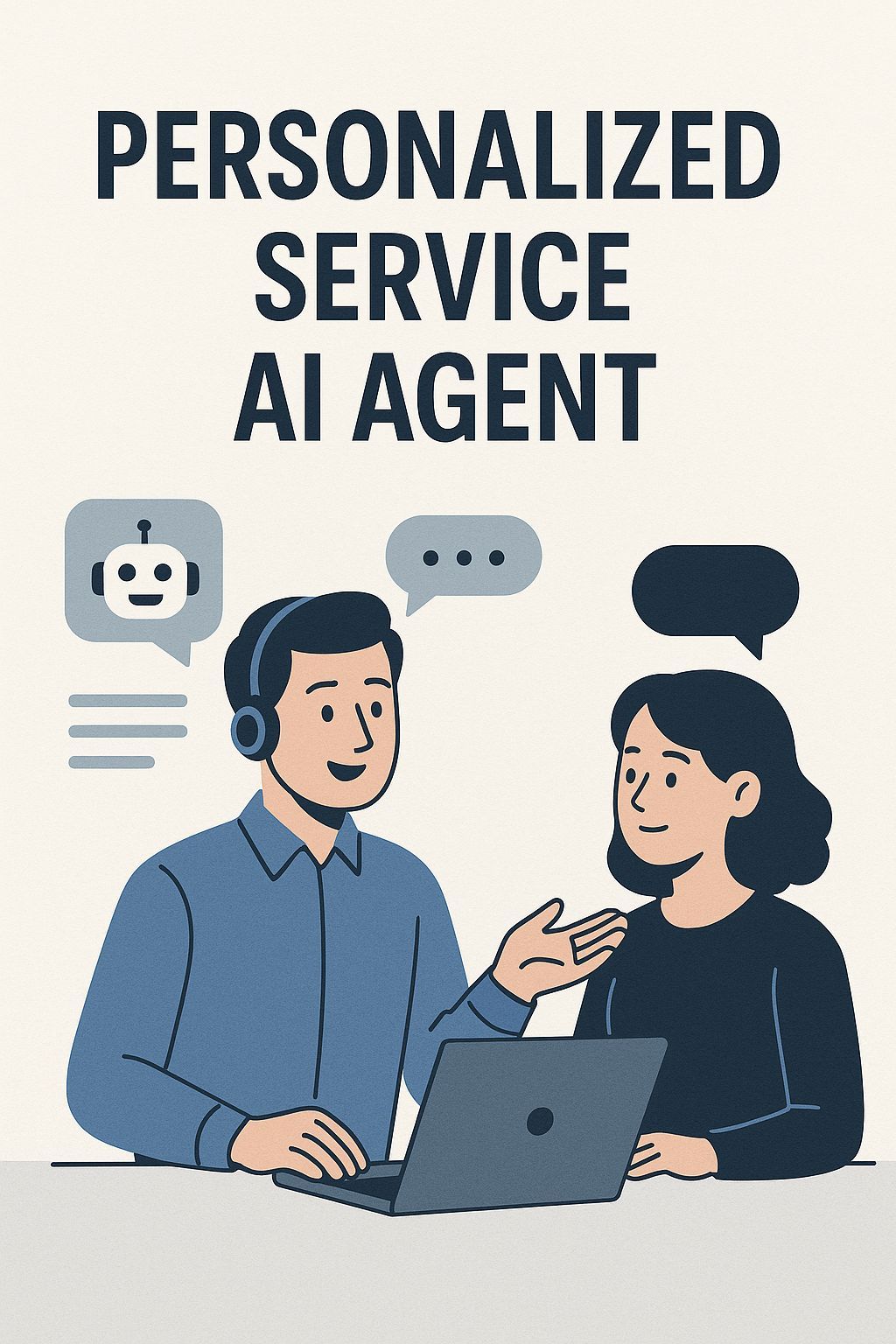

Orange County HVAC Google AI Overview Domination: 7 Proven Strategies to Capture Featured AI Results




